We’re a minority.
Probably all special interest groups are minorities, whether it’s rock climbing, sky diving, bagpipe playing or even composing music, we are minorities.
There’s considerably less of us than stamp collectors but significantly more of us than avid chess players. While vastly different than all those pursuits, we share one common trait; passion for what we do.
Two million globally is neither large nor small depending on your perspective. Numerically, the US is number one and in the top three as a percent of population. The UK runs at a lower level numerically, understandably so given it’s smaller population but percentage wise the UK is a third of the US. The global percentage leader by population is Japan.
Our pursuit is unique as our individual impact on those near and far can be quite significant. Hams have the ability to support organizations such as the Red Cross, FEMA or any local emergency service when all other traditional communications methods have failed. On a less positive note we have the ability to interfere with our immediate neighbor’s favorite TV viewing and in the eye’s of the secret squirrels we could be a threat or nuisance in the time of national calamity. Inevitably and with all of these comes licensing with a singular goal of corralling us if and when necessary.
In the US, the FCC and ARRL VEC team are partnered to ensure hams are examined and licensed and in the UK Ofcom and RSGB are partnered to do the same.
I was first licensed in the US in the late 90s attaining the middle license level (General) pretty quickly despite having to pass 5 wpm morse. Being a General was just fine as in all reality I wasn’t active given ridiculous work commitments. With evolved life priorities coinciding with a lengthy knee recovery, I graduated up to the highest US level, Amateur Extra around 2012. The upgrade was a smart move as its allowed me to operate more easily globally doing SOTA in Europe and suitcase DXPeditions in the Caribbean and Central America all of which i’ve enjoyed immensely.
Saving myself from me
Many countries including most of Europe and the free world allow US licensed Amateur Extra to operate without much formality or bureaucracy and many others require a little more application filling before being allowed on the air. Generally it’s all good and a workable system but each country has slightly different rules (e.g. power maximums, frequency allocations), practices and expectations. For a short visit your impact is generally none to minimal but longer term having a better understanding of local rules, requirements and expectations is, I think, essential to being a good operator. The local rules and perspectives serve a purpose not to be ignored.
Reading through the UK ham exam syllabi and supporting study material, the emphasis is very much on ensuring a variety of things but with a common theme. One goal is to ensure that any newly designed and home built radio doesn’t interfere near, far or wide. Another goal is ensuring that if my station (even using a commercially built radio) interferes with a neighbor, that I’m equipped to troubleshoot and ideally resolve issues. Another goal is ensuring I don’t kill myself through electrocution from a rank lack of knowledge of mains power supplies and wiring. Many goals exist within this common theme and a final example is to not embarrass myself on the air and in the eyes of local or distant peers by having no mastery of the rudimentary lingo, practices, radio controls etc.
All in all I concluded the three exams are crafted with the intent of “saving myself from me”. It’s a great goal and I approve.
Am I simply bored with too much time on my hands?
At some level it’s easy, I like goals and I like to have a sense of accomplishment and so attaining a UK Full license falls neatly into my little personality trait.
At another level and as I’ve shared elsewhere in these blogs about the perils of using a US call in the England (M/W6PNG) on something like FM along with an English accent. It can be construed that I’m confused and really MW6PNG, a UK Foundation license operating in Wales.
However, as a life long learner and one who likes goals, I’ve harbored a desire to design and build an analog radio since needing only two paws to count my age. With a science background, it’s not entirely unrealistic but making the decision to pursue Math and Computer Science at university somewhat shut the door on any electrical engineering (EE) aspirations. To become one in later life is no trivial undertaking. The Full exam journey seemed a very wonderful and effective way to walk further down that EE path.
Peer pressure can be a wonderful thing! I started the UK ham license journey in early 2018 having been introduced to Pete (GM4BYF) and Peter (GM4DTH). As RSGB approved invigilators (similar to ARRL VEC) they organize the exam centre, obtain exam papers, verify practical assessments and essentially shepherd candidates from somewhere to ideally success. In total it was myself and Calum as candidates and Pete, Peter. Initially I thought that attaining a UK Intermediate license(even with the 50 watt power max) would be fine for SOTA and casual operating from home. Any forays into Europe would most likely use W6PNG as that call has some recognition. Maybe the success with the Foundation and Intermediate was intoxicating, maybe it was the camaraderie but I found myself glibly agreeing to carry on regardless in true Sid James fashion and all the way to the end.
Preparation
In hindsight, I think I underestimated the effort to get to a descent comfort level partly as I hadn’t fully internalized the significance of the RSGB goal to test your understanding of theory and concepts and not memorization of facts. Early on a quick flip through the course material suggested it was all quite familiar and that I could rely on my passion, experience and a bit of study to get me through. Ignorant of my ignorance.
The exam is quite technical in nature and while I’ve managed large software engineering organizations for decades, I always enjoyed the technical bits albeit from a distance. I felt confident.
Ignorance and confidence, a cocktail you don’t want!
The RSGB provides two books with “Advanced” (see below) being the more formal study guide. I found it far too detail laden to the point that missing/skipping/misunderstanding a single diagram/paragraph could mean failing a question. This didn’t really become fully apparent until I was possibly half way through my preparation. After all one of my main goal was to make an analog designer out of myself and so I found myself readily reading some of the topics in too much detail and often far beyond what this precise exam required. All the calculations tied to the variations of biasing a BJT or FET (these are transistors) plus various calculation associated with class A, B etc amplifiers was intoxicating and I became lost in other learning sources such as the ARRL Handbook which I consumed on my iPad why slumbered in chairs around the house.



I discovered an American author and educator, Robert T Paynter whose book “Introductory Electronic Devices and Circuits” seems magical in explaining concept through detail via worked examples and diagrams. The mans a genius. Simon Monk’s book “Practical Electronics for Inventors”is another source that I enjoyed immensely. Last but not least is the RSGB “Radio Communication Handbook”


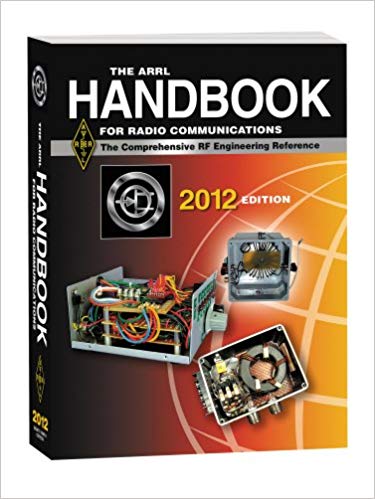
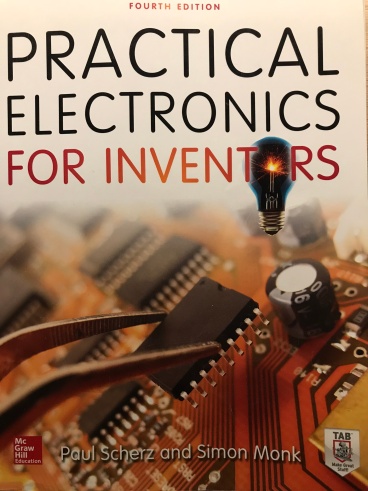
Returning to the States in early July had me distracted with a trip to Prince Edward Island to participate in the IARU HF contest (which was fun) and then an aborted SOTA/camping trip to the California White Mountains.

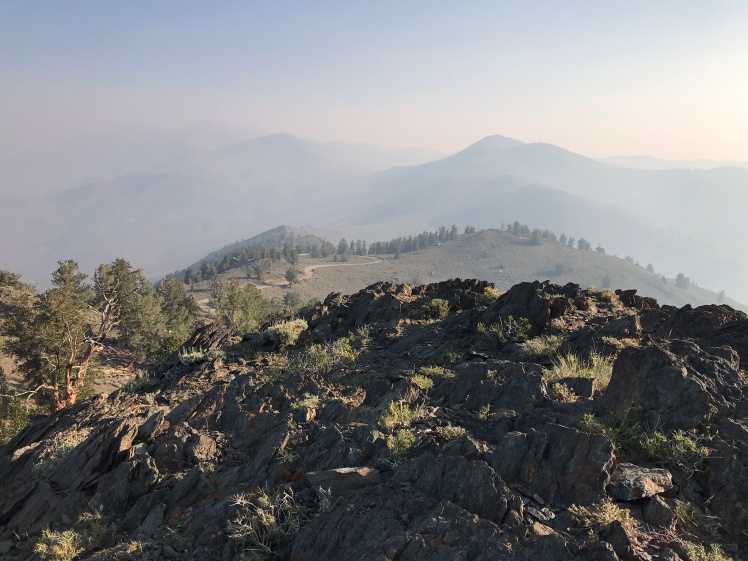
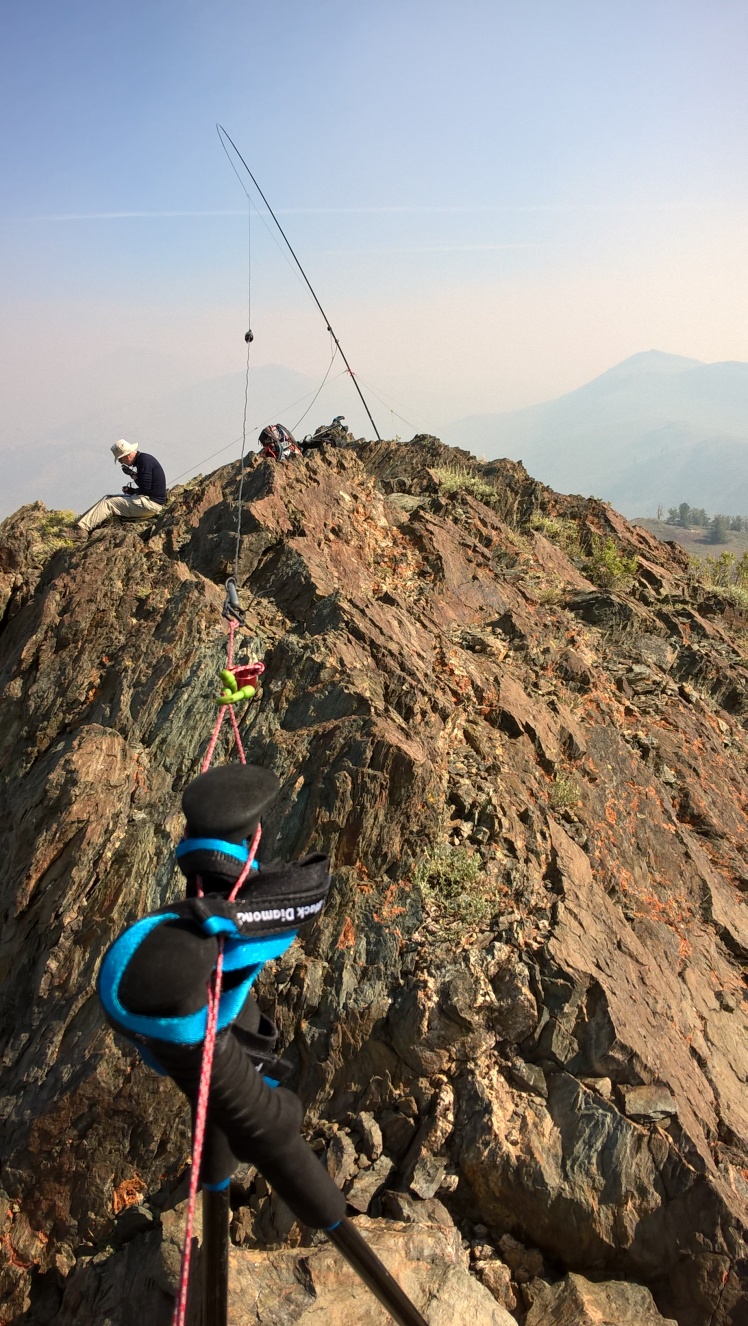
So my leisurely studying really only started in early August and I struggled as the California heat was oppressive and not conducive of study (we have no a/c in our coastal home) and I simply resolve to double down when back in the UK mid August.
Two weeks out I declared I thought I would fail. My brother said “really” and I my wife said I was punishing myself. Theory, fact, diagram, graphs, equations all spread over 100+ pages of the RSGB Advanced manual just seemed too much stuff for this brain. I began to curse starting down this journey but resolved that now on it, I would at least complete it and accept failure or success, whatever was dealt me.
The mock exams were both encouraging and discouraging. Scrapping by on one and marginally better on the other despite what I thought were comfortably good performances. Wrong. I figured if it’s tough in the comfort of the man cave it would be harder in St Fillan church hall.
As we age we mellow and my once youthful determination to grit it out simply evaporated the Wednesday before the exam as my head declared that its had enough. I just couldn’t go through studying the same material intently especially when its didn’t seem to want to stick. Oh no….I’m sunk!
Pete and Peter gave us the choice of classic paper based exam or the online. The upside to the later is getting a pass/fail summary at the end of the exam. The paper route requires our answers to be graded elsewhere and the invigilators aren’t given the answers (which they are for the Foundation and Intermediate) for fear of collusion and cheating. What have my fellow Brits been up to? I preferred the paper route as one less aspect of being examined was changing and anyway I like to mark the question paper with clues and thoughts to the correct answer.
I used every single second of the two hours to complete the sixty two questions. Preliminary answer, check, double check and so on. I felt reasonably good about my performance but didn’t really know if I had passed or failed. I could be two short of the thirty seven pass mark or two above. Calum felt the same way.
The brain can be very dangerous. I began to play the questions through in my mind. Did I really answer it that way? Wow, that was dumb and as time went by I decided it was tending toward two below than two above. I don’t think my wife enjoyed the period from exam to result either as I initially spent a day or two or three moaning about the whole thing. Why had I done it?
Distraction came in the form of a trip to the North Pennine with family. Fun trip, charming place and just the tonic I needed. It was a first for me and one disappointing aspect of being an emigrant from the UK so many decades early is the reality I don’t really know Britain and have hardly visited much beyond my home town of London.
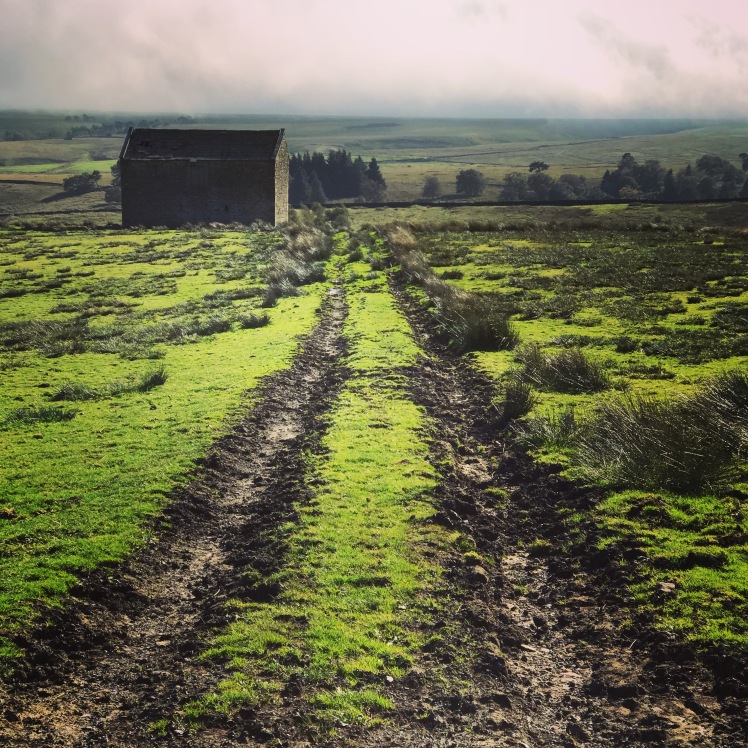
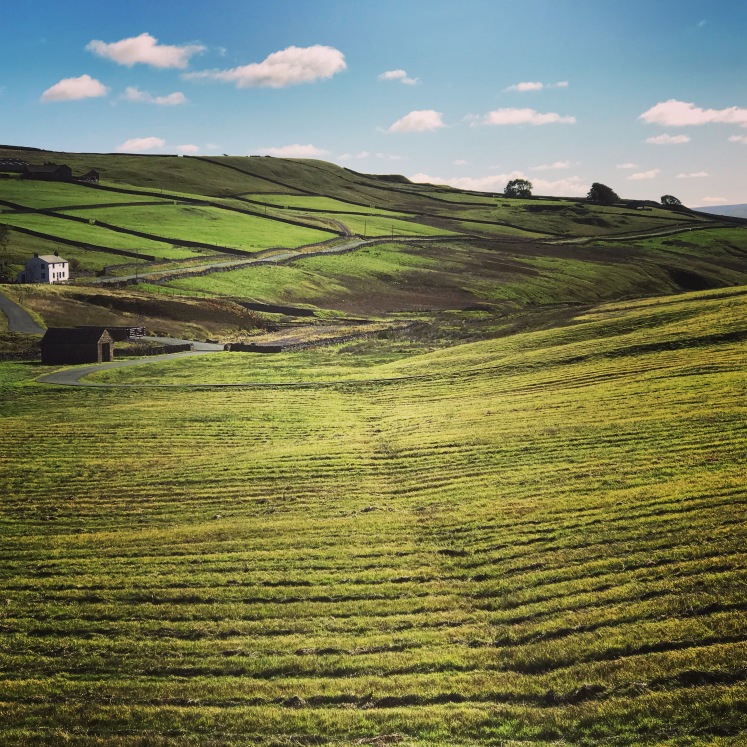
Opening the front door the large stiff brown envelope from the RSGB is oh so familiar. In that instant my mood slips into euphoria and I hold it up to my wife declaring “I think I passed”.
I had and it took me a few minutes to realize I passed with merit which apparently is better than a pass. Well done me.

Impatiences is a double edged sword. Instant gratification but always the opportunity to regret at leisure. I hadn’t applied for a UK Foundation or Intermediate call sign primarily as it was ambiguous if having one would preclude me from still operating as M/W6PNG.
The Ofcom site is well laid out and easy to navigate to the application page I needed. What was a pleasant surprise is being able to select an unissued callsign. I tried M0PNG to no avail, M0IPG with no luck and then I started thinking about another long term goal around becoming a proficient CW (morse code) operator and the wise advice that Guy N7UN once shared that short is good. It was a toss up between M0SNA (suffix is … _. ._) or M0YPG (Yankee Paul Gacek, suffix _.__ .__. __.). I opted for the former thinking less dits and dahs but in hindsight I wished I had picked M0YPG as in my heart of hearts I’m a voice operator and YPG is easier to hear under bad conditions than SNA. What did I say, impatiences is a double edged sword.
Now the pressure is off, I started digging further into becoming that EE and designing my own analog radio.





I’m happy.
It was a worthwhile journey to a point on a longer journey.
Keep on learning, keep fulfilling your dreams, only you can fulfill your own dreams and time waits on none of us.
No comments:
Post a Comment